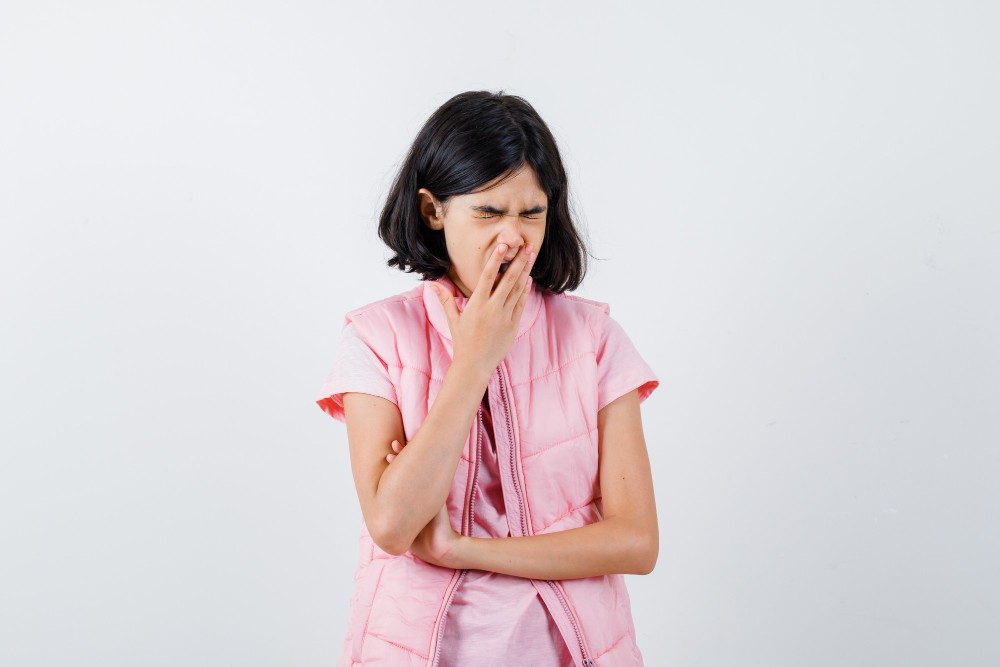Have you ever heard or read tips that say delaying urination after sex can increase your chances of becoming pregnant? Although there are numerous ways to increase the chances of pregnancy, delaying urination after intercourse may not be one of the most effective. Find out more in this article.
Peeing after sex makes it difficult to get pregnant—myth or fact?
Does peeing after sex make it difficult to conceive? Of course not. If you have ever heard that statement, it is certainly a myth.
Peeing after sex does not make it difficult to become pregnant. In fact, it has numerous advantages, one of which is that it helps cleanse the urethra and urinary tract of bacteria that can cause urinary tract infections (UTIs).
When ejaculation occurs, the sperm enters the vagina and moves to the uterus. In women, the vaginal and urethral canals are different, so when urine passes out through the urethra, it does not contain the sperm that has entered the vagina.
If you are trying to conceive, your doctor may recommend waiting a few minutes before getting up after intercourse. This is thought to help sperm travel more easily to the uterus.
Read more: Causes Of Bleeding After Intercourse
Risk of holding back peeing After sex
Holding back your pee after sex can cause discomfort as well as health risks, including:
Urinary tract infection (UTI)
Holding your pee, especially after sex, can increase your risk of developing a urinary tract infection. This process of holding back urine allows bacteria to enter the urethra during sexual activity and stay there for a long time to thrive, eventually leading to UTIs.
Pain during urination (dysuria)
Holding your pee after sex can also cause dysuria, which is defined as a burning or painful sensation when urinating. The bacteria irritate and multiply in the urinary tract, causing symptoms.
Also read: Benefits And Risks Of Intercourse While Pregnant
Discomfort
When you delay peeing, the urine produced by the kidneys continues to accumulate in the bladder, causing it to fill up more than usual and making you feel uncomfortable, as if there is heavy pressure on the bladder area.
Constant pressure on the bladder can strain the surrounding muscles, exacerbating the pain.
Increased risk of kidney infections and kidney stones
While holding your pee does not directly cause kidney stones or infections, if this pattern becomes a habit, it can have a negative impact on your urinary tract's overall health. As a result, there will be a higher risk of kidney infection and stone formation.
Impaired bladder function
Holding back urine can cause the bladder to lose its elasticity. As a result, impaired bladder function may occur, such as difficulty effectively emptying urine, urine seeping, or bedwetting.
So, knowing the facts and the risks, do you still want to hold back your pee after sex? Hopefully not, alright?
If you want to increase your chances of becoming pregnant, there are numerous methods that are both effective and beneficial to your health. You can consult an obstetrician to get an examination and determine the cause of your pregnancy difficulties.
If you need medical advice or consultation, you can either visit a doctor or make use of the consultation features that are available in the Ai Care application by downloading the Ai Care application from the App Store or Play Store.
Looking for more information about other diseases? Click here!
- Sean Edbert Lim, MBBS
Cleveland Clinic (2022). Is Peeing After Sex Important?. Available from: https://health.clevelandclinic.org/peeing-after-sex
Wendy Wisner (2022). Should You Pee After Sex If You Are Trying to Conceive?. Available from: https://www.verywellfamily.com/should-you-pee-after-sex-if-you-are-trying-to-conceive-6455671
Rachel Nall, MSN, CRNA (2019). Is Peeing After Sex Really Necessary? And 9 Other FAQs. Available from: https://www.healthline.com/health/peeing-after-sex
Denise Mann (2023). 7 Tips for Getting Pregnant Faster. Available from: https://www.webmd.com/baby/features/7-tips-getting-pregnant-faster
Jon Johnson (2024). Is it safe to hold your pee? There are five possible complications. Available from: https://www.medicalnewstoday.com/articles/321408
Cleveland Clinic (2023). Urinary Tract Infections. Available from: https://my.clevelandclinic.org/health/diseases/9135-urinary-tract-infections
Annie Stuart (2022). Dysuria (Painful Urination). Available from: https://www.webmd.com/women/dysuria-causes-symptoms
NHS UK (2022). Kidney stones. Available from: https://www.nhs.uk/conditions/kidney-stones/causes/
Cleveland Clinic (2023). Kidney Infection (Pyelonephritis). Available from: https://my.clevelandclinic.org/health/diseases/15456-kidney-infection-pyelonephritis
Cleveland Clinic (2023). Distended Bladder. Available from: https://my.clevelandclinic.org/health/diseases/distended-bladder











